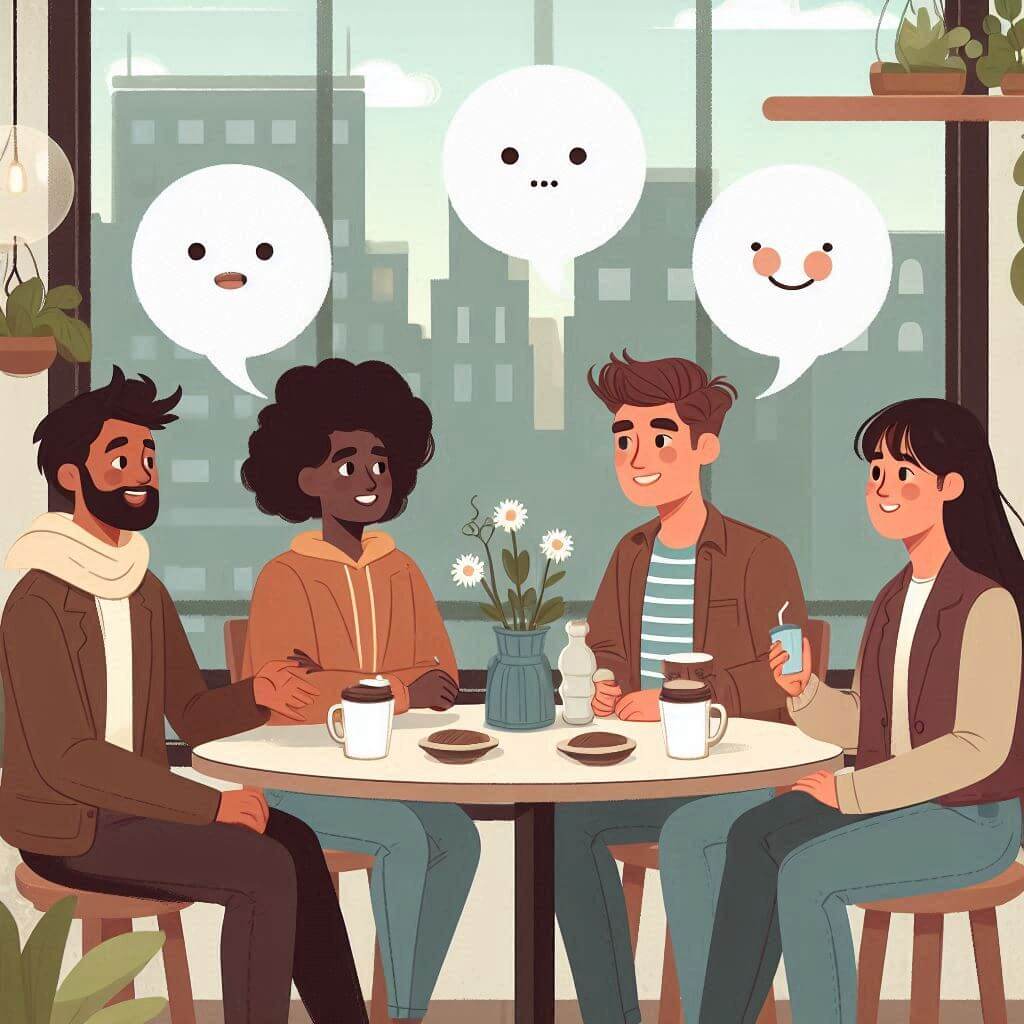Top 5 Empathy Skills in Everyday Life

Empathy skills are crucial in our daily lives, helping us build meaningful connections and foster understanding. Here are five empathy skills that we often use and how empathy can be developed and utilized as both a skill and a soft skill.
Five Essential Empathy Skills in Everyday Life
- Helping a Friend in Need: Offering a listening ear or lending a hand to a friend demonstrates empathy by addressing their needs and emotions.
- Recommending Someone Online: Endorsing someone’s skills on platforms like LinkedIn shows empathy by recognizing and appreciating their abilities.
- Active Listening: Listening to someone without interrupting or judging shows we value their perspective and are willing to understand their experiences.
- Nonverbal Communication: Empathy is conveyed through body language, facial expressions, and eye contact, helping others feel understood and supported.
- Expressing Gratitude: Thanking someone for their efforts and expressing appreciation acknowledges their contributions and demonstrates empathy.
Training Empathy as a Skill and Soft Skill
Empathy can be trained and developed through practice. It is considered a soft skill, essential for personal and professional success. Soft skills, such as communication, teamwork, and problem-solving, enhance our interactions and relationships.
Ways to Train Empathy:
- Mindfulness Practices: Being present helps us become more attuned to others’ feelings and needs.
- Role-Playing Exercises: Acting out scenarios from another person’s perspective deepens our understanding and empathy.
- Reading Fiction: Experiencing stories through diverse characters’ eyes fosters empathy.
Empathy in the Workplace, Healthcare, and Education
Empathy skills are invaluable in various settings, including the workplace, healthcare, and education. In the workplace, empathy leads to better teamwork, communication, and conflict resolution. A Businessolver study found that 96% of employees believe showing empathy is important for retention.
In healthcare, empathy improves patient care and outcomes. Research in the Journal of General Internal Medicine found that empathetic doctors achieve better patient satisfaction.
In education, empathy fosters a positive learning environment. The University of Cambridge’s study highlights that empathy programs improve students’ social and emotional skills.
Empathable: Your Partner in Empathy Training
Empathable offers comprehensive empathy and diversity training programs to help businesses cultivate empathy skills. Our expert-curated content enhances understanding and inclusivity.
Empathy skills build better relationships and create a supportive environment. Interested in learning more about our empathy training? Visit our website or contact us for more information.
